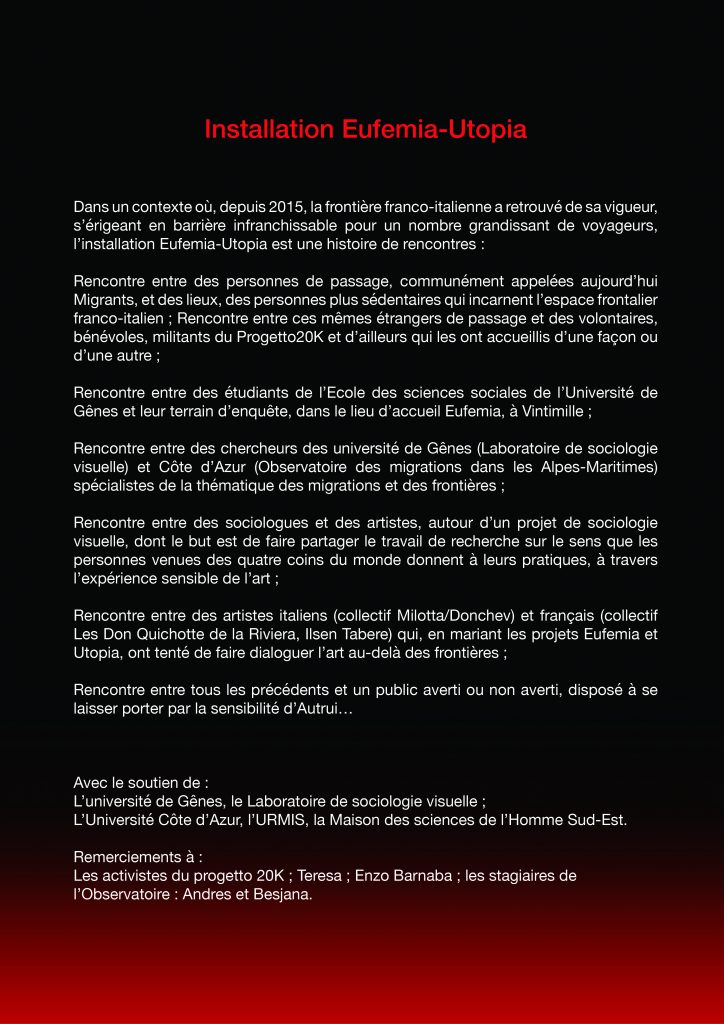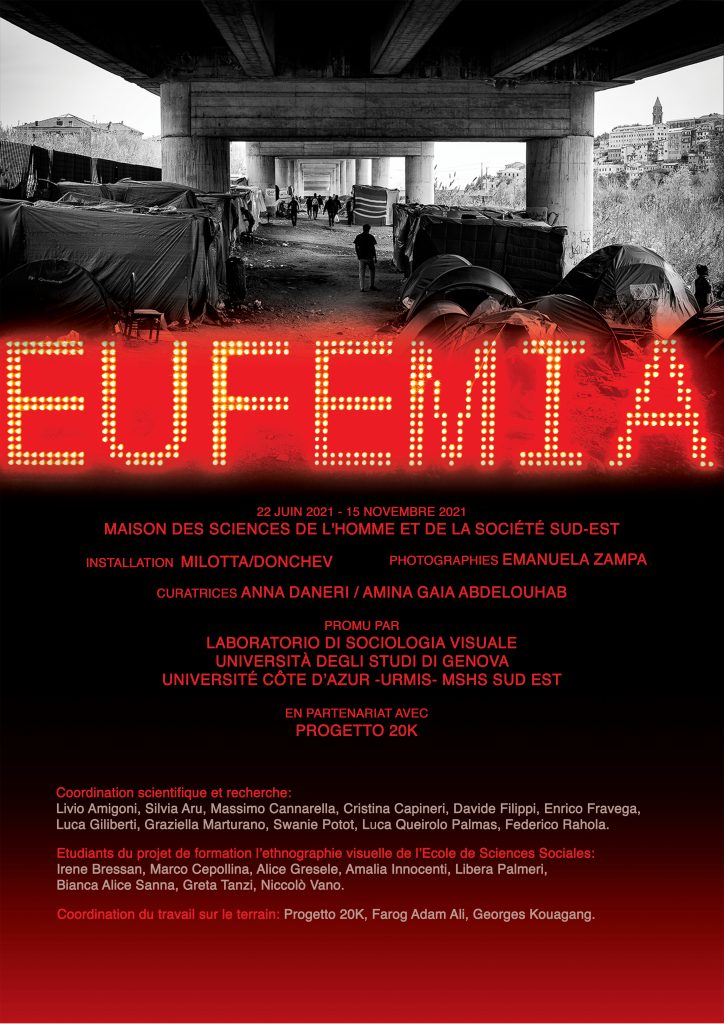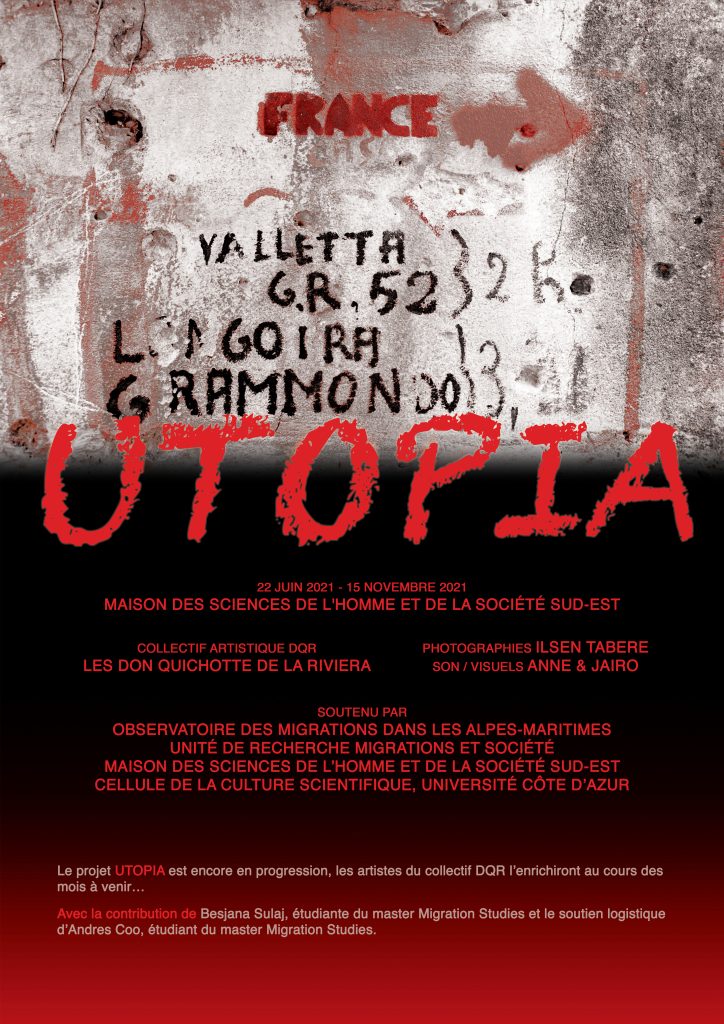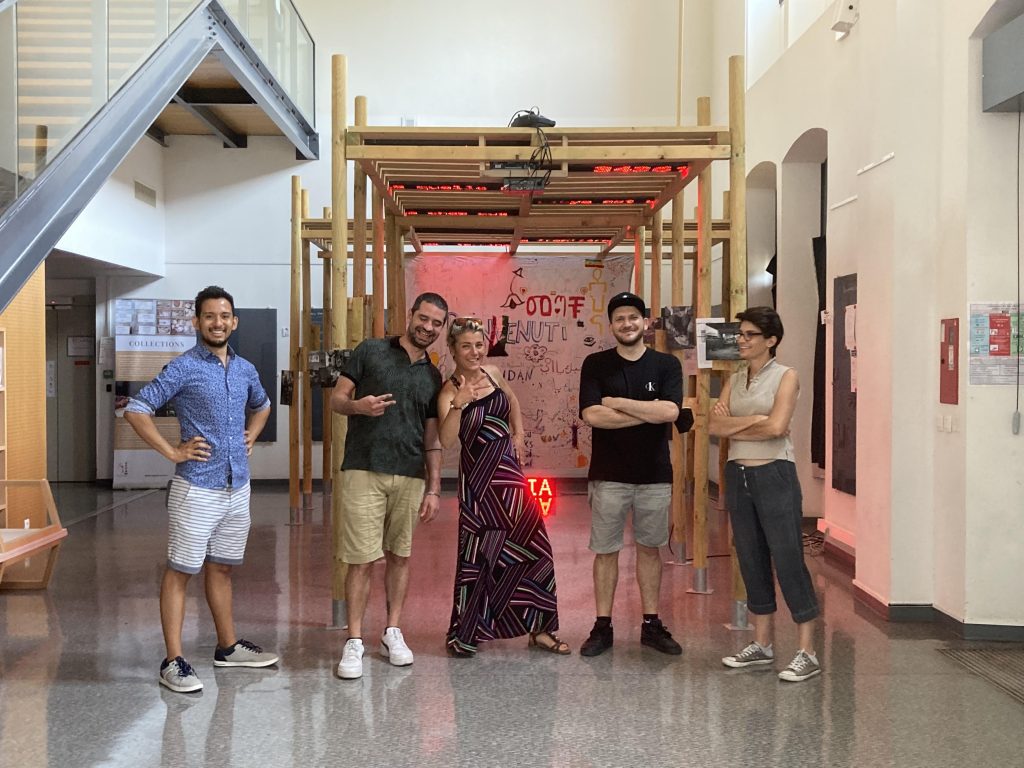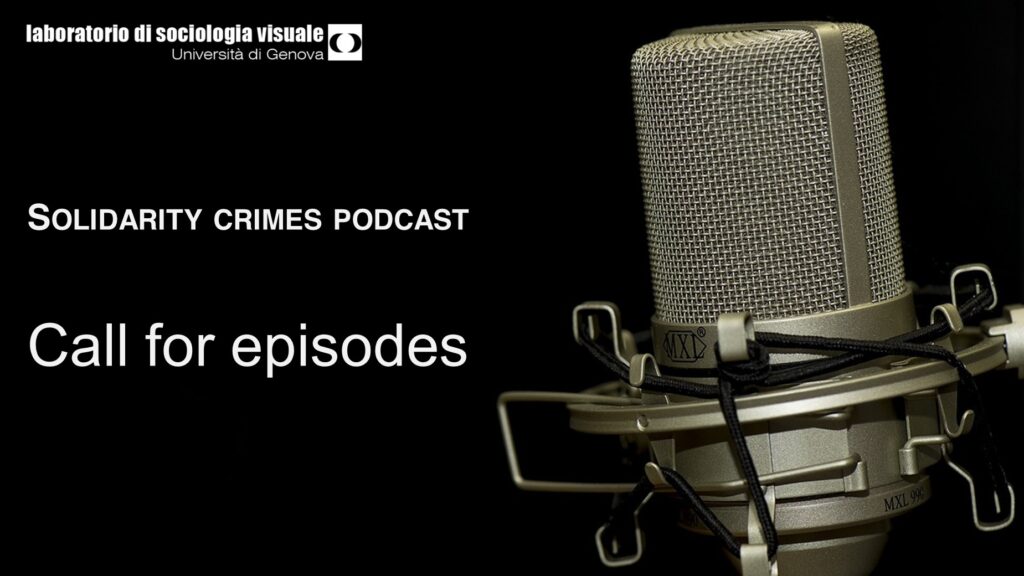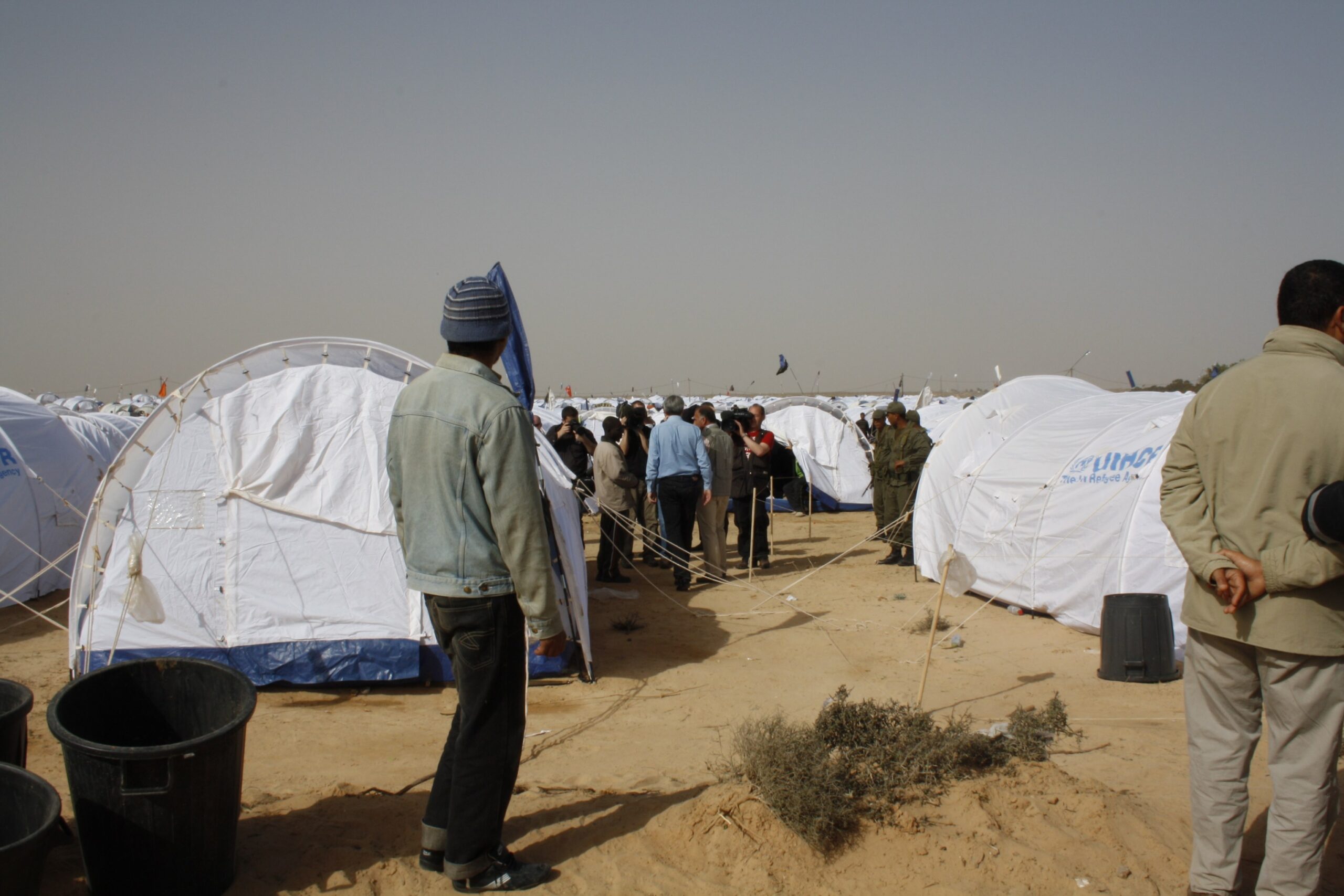The hole, the corridor and the landings: reframing Lampedusa through the COVID-19 emergency / A new publication by Luca Giliberti & Luca Queirolo Palmas
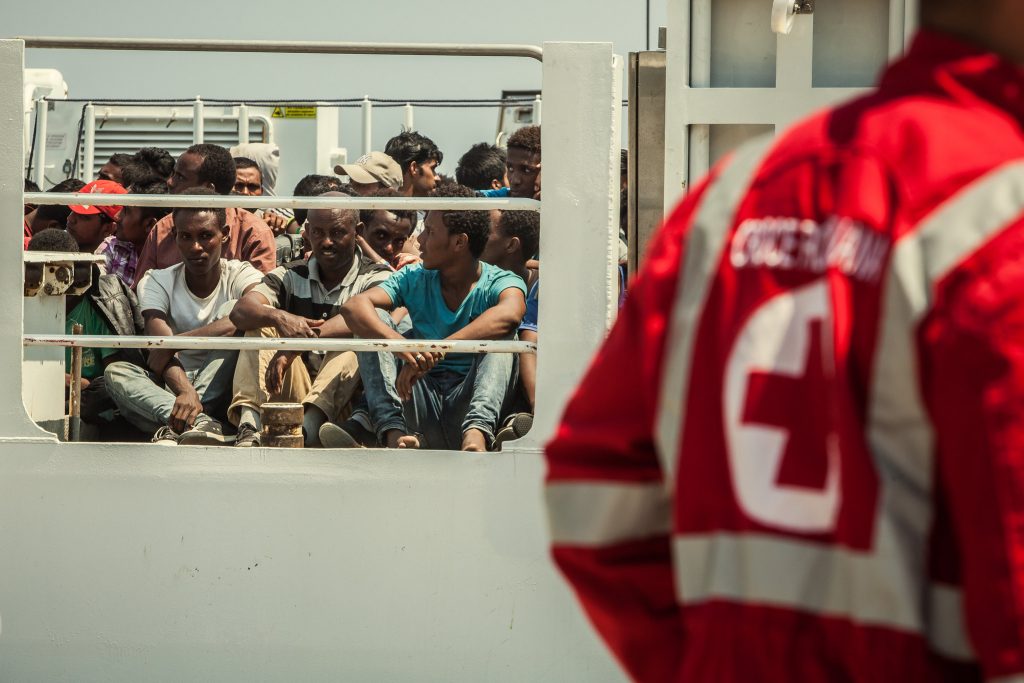
Abstract [EN]
This article presents the results of an ethnography carried out in Lampedusa – a fundamental hub in the border spectacle of irregular migrations – during the COVID-19 emergency, where landings have increased, especially from Tunisia. Through fieldwork and interviews to local key actors, the research aims to answer the following intertwined questions: how does migrant agency develop? How is the borderwork reinvented? How do different local groups and authorities act, react, and interact with migrant agency and borderwork? These questions are addressed, scrutinizing three steps of a migrants’ corridor towards Europe: firstly, the landings and their social fabrication around the piers; secondly, the hole and the confinement fences on the hotspot-island; thirdly, the forced return to sea on the quarantine ships. In this way, the article shows how the pandemic becomes a constituent moment in border policies, devices and procedures, opening up a reinforced space–time of migrants’ containment.
Abstract [IT]
Questo articolo presenta i risultati di un’etnografia, realizzata durante l’emergenza COVID-19, a Lampedusa – snodo fondamentale nello spettacolo del confine delle migrazioni irregolari – dove sono aumentati gli sbarchi, soprattutto dalla Tunisia. Attraverso un lavoro di ricerca sul campo e una serie di interviste ad attori chiave locali, la ricerca vuole rispondere a una serie di domande intrecciate tra loro: come si sviluppa l’agency dei migranti? Come si reinventa il confine? In che modo i diversi gruppi e le autorità locali agiscono, reagiscono e interagiscono con l’agency dei migranti e il borderwork? Queste domande vengono affrontate, scrutando tre passaggi di un corridoio migratorio verso l’Europa: in primo luogo, gli sbarchi e la loro fabbricazione sociale intorno ai moli; in secondo luogo, il buco e le recinzioni di confinamento sull’isola-hotspot; terzo, il ritorno forzato in mare sulle navi-quarantena. In questo modo, l’articolo mostra come la pandemia diventi un momento costitutivo delle politiche, dei dispositivi e delle procedure di frontiera, aprendo uno spazio-tempo rafforzato di contenimento dei migranti.
Luca Giliberti & Luca Queirolo Palmas (2021) The hole, the corridor and the landings: reframing Lampedusa through the COVID-19 emergency, Ethnic and Racial Studies, DOI: 10.1080/01419870.2021.1953558
border, borderland, borderwork, confine, hotspot, Lampedusa, migranti, migrants, migrations, migrazioni
